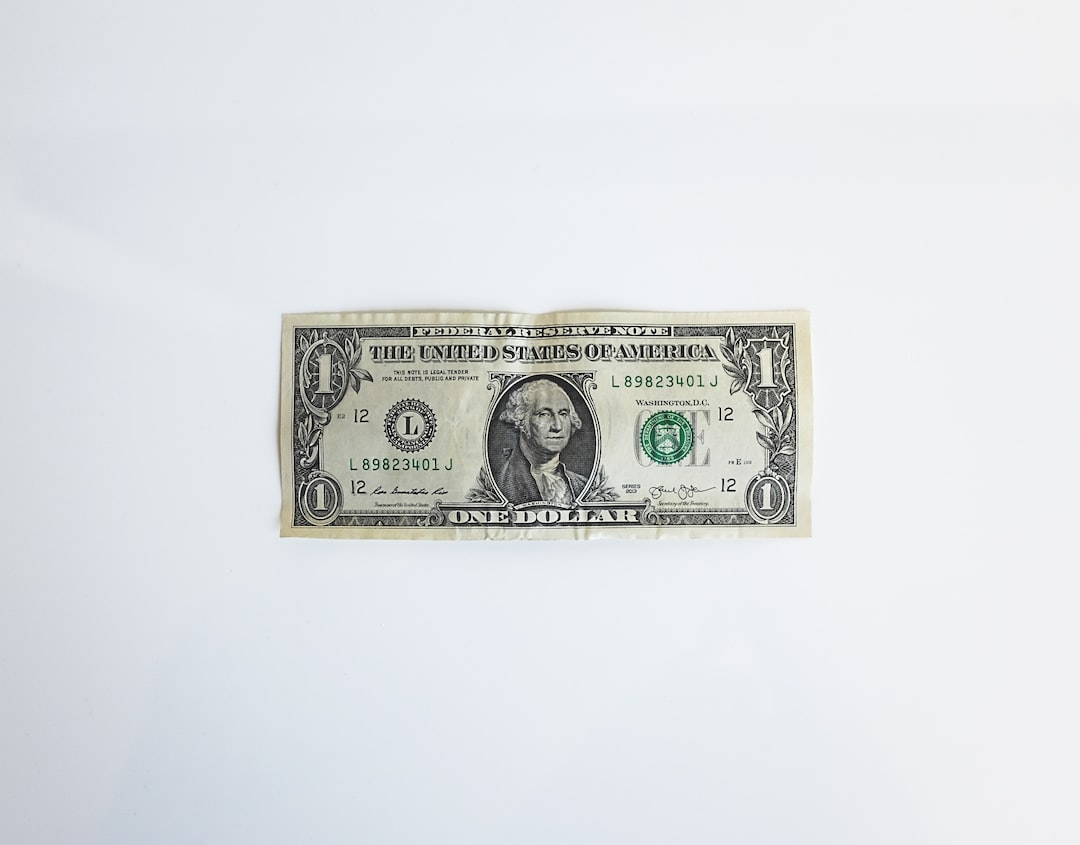Tariffs are taxes imposed by a country on imports or exports of goods and services. They are meant to protect domestic industries and create a level playing field for local businesses. However, tariffs can have significant effects on the forex market, which is the market where currencies are traded. In this article, we will explore what tariffs are, how they affect forex, and what traders can do to navigate this tricky terrain.
Tariffs and Trade Wars
Tariffs are often used as tools in trade wars, which are economic conflicts between countries that involve the imposition of tariffs, quotas, and other barriers to trade. The goal of a trade war is to protect domestic industries and increase exports while reducing imports. However, trade wars can also lead to retaliation by other countries, which can escalate the conflict and lead to a global economic downturn.
Tariffs and Currency Values
One of the most significant effects of tariffs on forex is the impact on currency values. When a country imposes tariffs on imports, it makes imported goods more expensive for consumers. This can lead to a decrease in demand for the country’s currency, as investors may worry that the country’s economy will slow down due to reduced demand for its exports. As a result, the value of the country’s currency may decline.
On the other hand, when a country imposes tariffs on exports, it makes its goods more expensive for foreign buyers. This can lead to a decrease in demand for the country’s exports, which can also decrease the demand for the country’s currency. In this case, the value of the country’s currency may also decline.
However, the impact of tariffs on currency values is not always straightforward. In some cases, tariffs can actually increase the demand for a country’s currency. For example, if a country imposes tariffs on imports of a particular commodity, such as oil, it may cause the price of oil to rise. Since oil is typically priced in US dollars, this can lead to an increase in demand for US dollars, which can increase the value of the currency.
Tariffs and Central Bank Policy
Tariffs can also affect forex through their impact on central bank policy. Central banks are responsible for maintaining the stability of their country’s currency and economy. If tariffs lead to a decrease in demand for a country’s currency, the central bank may take steps to support the currency, such as raising interest rates. This can make the currency more attractive to investors, which can increase its value.
However, central bank policy can also have unintended consequences. For example, if a central bank raises interest rates to support its currency, it can also lead to a slowdown in the economy. This can reduce the demand for the country’s exports and further decrease the value of the currency.
Navigating Tariffs and Forex
Traders who are navigating the forex market in the face of tariffs need to be aware of the risks and opportunities that tariffs can create. One strategy is to monitor the news and stay informed about the latest developments in trade policy. Traders can also use technical analysis tools to identify trends and patterns in currency values.
Another strategy is to diversify investments across a range of currencies and assets. By spreading investments across different currencies and assets, traders can reduce their exposure to any one currency or asset that may be affected by tariffs or other market disruptions.
Finally, traders can use risk management tools such as stop-loss orders and position sizing to limit their exposure to potential losses. These tools can help traders to manage their risk and protect their investments in the volatile forex market.
Conclusion
Tariffs can have significant effects on the forex market, creating risks and opportunities for traders. By understanding the impact of tariffs on currency values and central bank policy, traders can navigate this tricky terrain and make informed investment decisions. With careful monitoring, diversification, and risk management, traders can protect their investments and thrive in the face of tariffs and other market disruptions.






